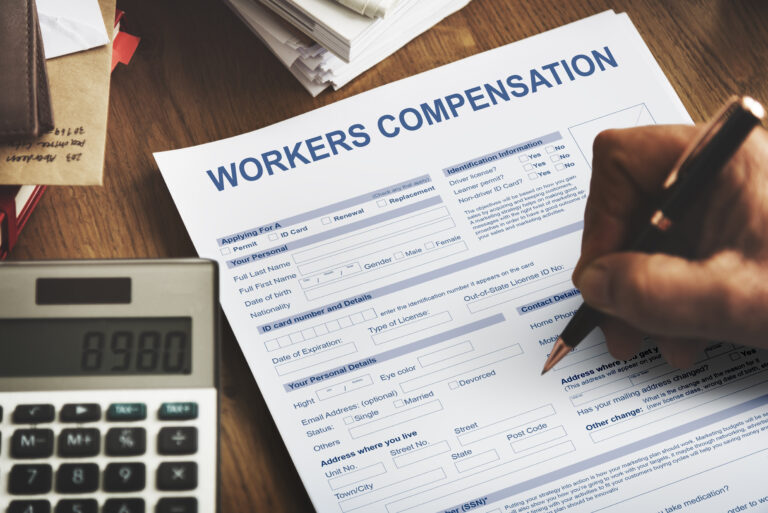Compliant with EEO Requirements: Navigating a Fair and Inclusive Workplace
In the context of employment and workplace relations, inclusion and justice are critical. The Equal Employment Opportunity Commission (EEOC) of the United States acts as a resolute defender, guaranteeing the enforcement of federal statutes that forbid discrimination on the basis of race, color, religion, or sex. Businesses who voluntarily comply with these rules create a workplace that is fair and varied. This article examines the significance of adhering to EEO regulations and the advantages it offers to both employers and workers.
The EEOC: Protecting Workplace Equality
The Civil Rights Act of 1964 created the EEOC, which has been essential in establishing legislation intended to end discrimination and advance equitable employment opportunities. Employers are prohibited by these rules from discriminating against candidates or current workers on the grounds of race, color, religion, sex, and other categories.
The Pillars of EEO Compliance:
1. Race and Color: EEO regulations guarantee that no person experiences discrimination or is excluded from job opportunities on the basis of their race or ethnicity. Businesses that follow these rules value diversity and foster a positive work atmosphere where employees are evaluated on their abilities rather than their race.
2. Religion: The freedom to follow one’s religion without fear of discrimination at work is protected by EEOC laws. Businesses that uphold this freedom encourage a respectful workplace environment where workers are free to voice their opinions and pursue their careers.
3. Sex: Mandates from the EEOC prohibit discrimination based on gender. Adherence to these standards guarantees equitable treatment of men and women in hiring, salary, and advancement, therefore fostering gender parity and diversity in the workplace.
Benefits of EEO Compliance:
1. Diverse Talent Pool: Employers who comply with EEO regulations draw in a larger and more varied talent pool. Diverse teams frequently bring new insights, creative solutions, and improved problem-solving abilities to the table.
2. Inclusive Culture: An inclusive and peaceful workplace is facilitated by EEO compliance. Positive workplace cultures are fostered when employees feel appreciated and respected.
3. Legal Protection: In addition to providing protection for employees, adhering to EEO standards spares the business from expensive litigation and other legal ramifications.
4. Enhanced Reputation: Businesses with a solid reputation for being ethical employers are likely to gain recognition for their dedication to EEO compliance. Relationships with customers, partners, and the community may all benefit from this.
How to Ensure EEO Compliance:
1. Policy Development: Create thorough and unambiguous EEO policies and processes that comply with national laws.
2. Training: To encourage understanding of EEO rules and expectations, regularly train management and staff.
3. Monitoring and Reporting: Is it possible to replace those with construction and packing instead of eliminating them?
4. Promotion of Diversity: Encourage diversity and inclusion programs vigorously to guarantee that every employee has equal access to opportunities.
5. Partner with EEOC: Participating in the EEOC’s programs and working with it can yield insightful information and tools that help with compliance.
In summary, organizations that adhere to EEO regulations go above and beyond only complying with the law; they also promote a culture of decency, equality, and inclusion. They attract top talent and provide solid foundations for long-term success and a better future for workers and the company as a whole by fostering diverse and fair workplaces. EEO compliance is a commitment to justice and advancement in the contemporary workplace, not merely a legal requirement.






